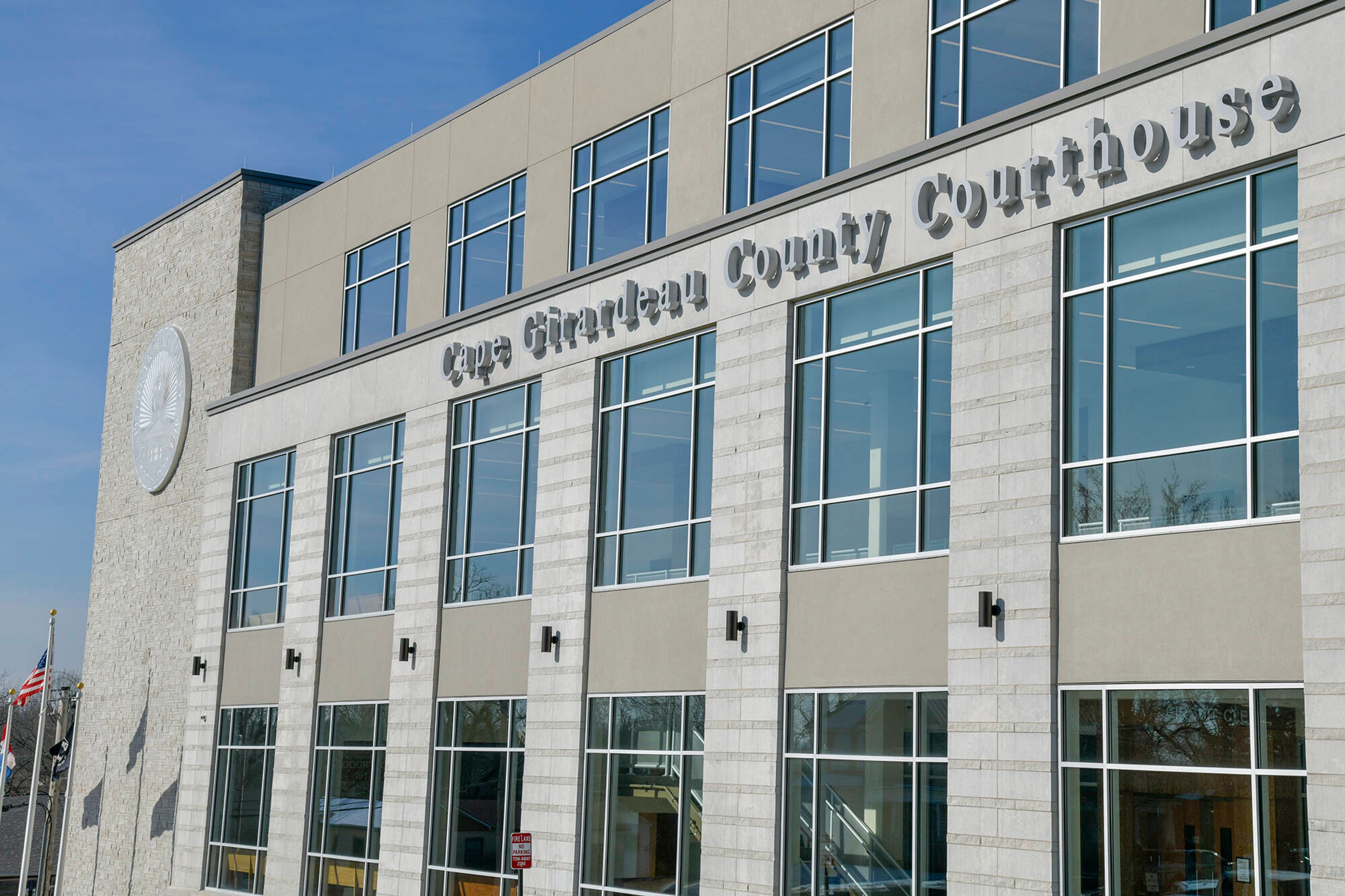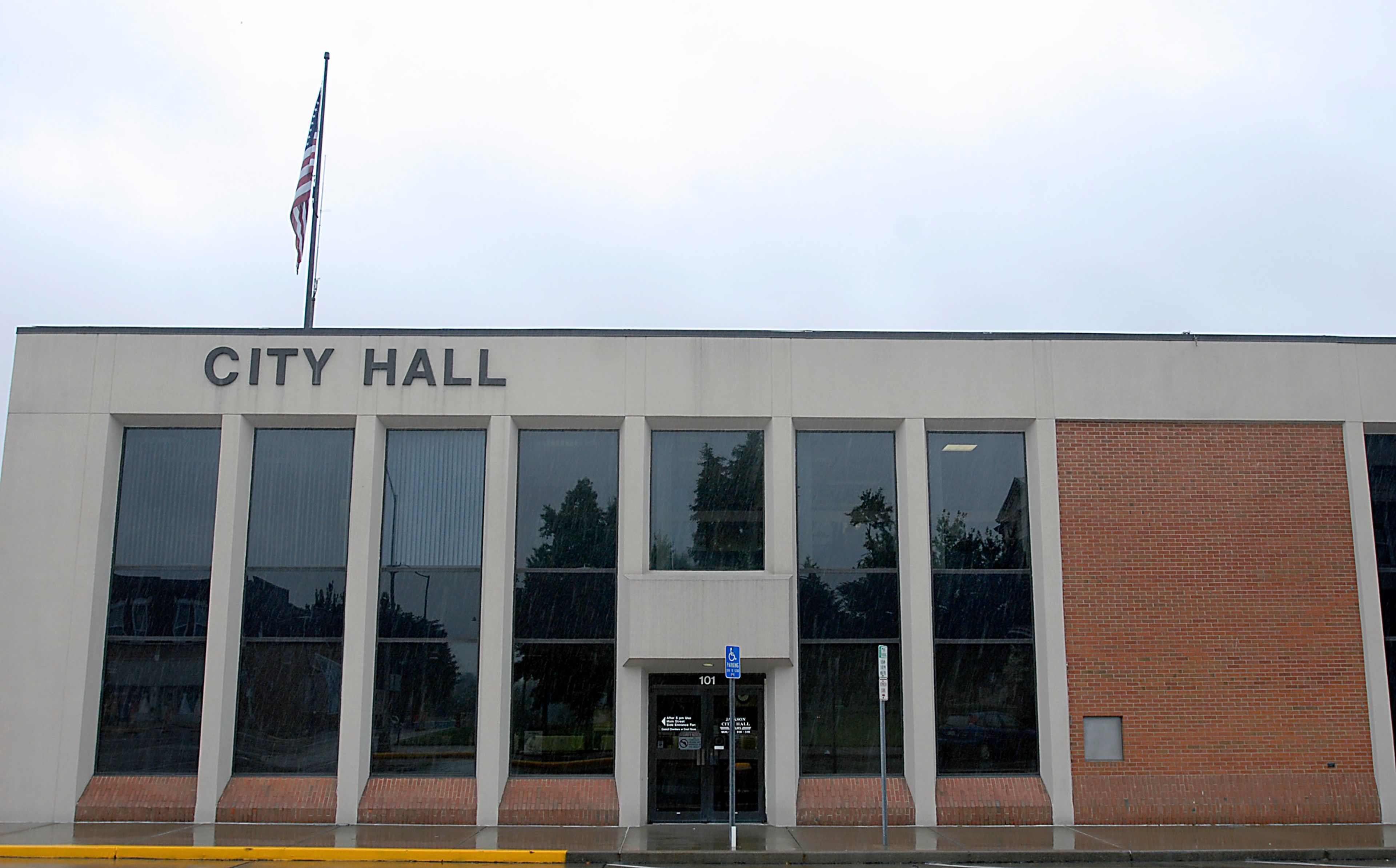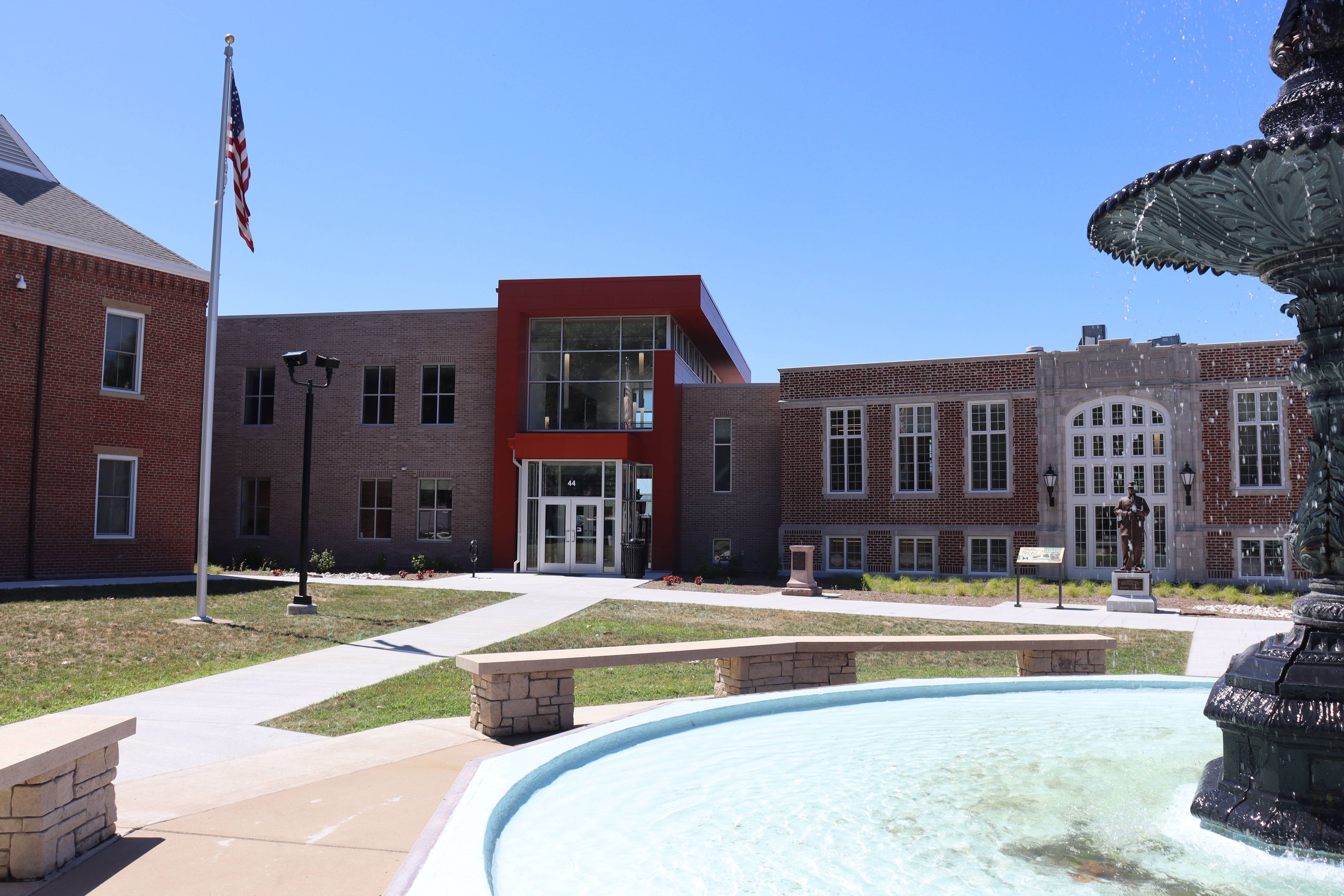Medicaid expansion in Missouri continues to look unlikely
For the third consecutive year, Missouri's Republican-heavy Legislature looks unlikely to fill a gap in health-care coverage for about 200,000 people, despite continued support for Medicaid expansion from health-care providers and other business leaders...
For the third consecutive year, Missouri's Republican-heavy Legislature looks unlikely to fill a gap in health-care coverage for about 200,000 people, despite continued support for Medicaid expansion from health-care providers and other business leaders.
Twenty-seven states with expanded Medicaid programs now offer a variety of paid health-care coverage options for adults who are in the gap, but Missouri isn't among them. This means adults who earn more than traditional Medicaid guidelines allow, but less than allowed to qualify for tax credits that offset insurance costs, aren't eligible for coverage.
Beginning in 2012, Missouri's Democratic governor, Jay Nixon, began pushing for Medicaid expansion. The effort has been unsuccessful, even with the at-large business community on his side.
Under the Affordable Care Act, states that expand adult Medicaid eligibility to 138 percent of the poverty level -- about $27,000 annually for a family of three -- initially can receive full federal funding for those added to the rolls. That federal aid is gradually reduced to a 90 percent share, with states picking up the rest.
Proposals for expansion that included reforms went nowhere in past state legislative sessions. Today, lawmakers will return to session, where Medicaid expansion again is expected to be pushed aside in lieu of issues such as right to work and reforms for campaign contributions and ethics.
As of Tuesday, House and Senate leaders hadn't released definitive priorities for the session. But state Rep. Kathy Swan, R-Cape Girardeau, said she doesn't think Medicaid will be high on the list.
"My feeling is that there is not a very large appetite to expand it," she said.
The lack of progress on Medicaid expansion in Missouri since the Affordable Care Act was passed in 2010 has lobbying groups headed back to Jefferson City this week.
The Missouri Medicaid Coalition was holding gatherings of support for the issue in the Capitol on Tuesday as lawmakers return, and other advocacy groups said they are ready to see bills, even with tacked-on reforms.
"While we need to see the actual legislation before taking a position on it, we are open to supporting legislation that reforms Medicaid as long as it also expands eligibility to 138 percent of the federal poverty level, and as long as the reforms do not prevent Missourians from accessing the health services they need," said Jen Bersdale, executive director of the advocacy group Missouri Health Care for All.
Despite the lack of movement on the issue in 2014, the governor's office appears ready to keep it alive in the new session.
"Bipartisan discussions with legislators since last session have been much more productive, particularly in light of the clear and growing evidence about both the benefits of strengthening Medicaid and the costs of inaction," said Nixon spokesman Scott Holste.
Several recent studies say the state could miss out on billions in federal subsidies if Medicaid is not expanded.
Local and state chambers also haven't changed their positions on Medicaid expansion.
The Missouri Chamber of Commerce expressed worry about the livelihoods of small health-care providers in a recent news release that outlined legislative priorities. The chamber says the Affordable Care Act is causing "radical cost shifts" that will affect Missouri businesses with higher insurance costs and taxes, according to the release, that some providers -- especially rural hospitals -- won't be able to handle.
John Mehner, president and CEO of the Cape Girardeau Area Chamber of Commerce, also said the chamber will continue supporting Medicaid expansion because a significant part of its membership is in the medical sector. The chamber passed a resolution in favor of expansion in 2013 with several recommendations, including preserving the state's AAA bond rating, plus signed acknowledgments from Medicaid enrollees the state may only provide the program with federal dollars incoming, among others.
The original proposal for Missouri, if it were passed by the state Legislature, would have brought health coverage to an additional 300,000 Missourians over three years, but Republicans have opposed measures because they say the current system needs reforms and worry the state can't afford an expansion.
Swan said several proposed changes that would put accountability into Medicaid expansion bills seen in past sessions, such as issuing debit-type cards to enrollees and asking them to be smarter with nonemergency health-care spending, warrant review.
"From knowing the position of where the Cape chamber is, and hospitals, my position on expansion has not changed," Swan said. "I am certainly willing to talk about it, but with building in accountability measures."
Swan said the Legislature needs to be creative and devise a solution.
Hospital executives, who see emergency rooms full of uninsured adults seeking treatment for illnesses such as the flu and no other solution for replacing federal reimbursement dollars as a result of the Affordable Care Act, lament the seemingly immovable political position of the state-level GOP.
Steven Bjelich, CEO of the Saint Francis Healthcare System, said hospital representatives for years have communicated to local lawmakers the importance of Medicaid expansion -- to no avail.
"It's extremely disappointing that legislators are just following party lines as opposed to really looking at the economics of this. We've demonstrated the case to the General Assembly again and again," he said. "They've got to get beyond that this is just support of Obamacare. That's not what this is about."
Bjelich said four states bordering Missouri that have authorized a form of expansion -- and are finding different ways to do it. In Arkansas, Medicaid dollars are being used to allow low-income residents to buy health insurance on the exchange. That variation of Medicaid expansion, however, may be rolled back or amended now that Republicans hold a larger majority in the Arkansas Legislature after the recent election.
Chief among concerns for health-care industry leaders are the unanswered financial concessions hospitals began to make when the health-care law passed. Providers nationwide collectively started taking billions less in federal reimbursements, dependent on the idea that the Affordable Care Act would result in less bad debt and fewer uninsured patients, and offset the reimbursements.
A snapshot of what expansion means for the region can be seen in the numbers, said Bjelich, who shared statistics from the Missouri Hospital Association.
During fiscal year 2013, 7,255 hospital visits and 6,248 patients from working families in the 27th Senate District would have been covered with an expansion. The district includes a significant part of Southeast Missouri.
A separate set of numbers from the association pertaining to Medicaid expansion in Missouri show it could influence the creation of about 1,600 jobs in a 13-county swath of Southeast Missouri, and about 16,000 low-income adults would become eligible for health-care coverage. The association estimated between 11,000 and 12,000 would enroll with an expansion.
Bjelich also said expansion would help the hospital hold down costs on providing care for uninsured patients, which it for now must pass on to other businesses. Additional "hidden costs" incurred by hospitals to take care of uninsured patients are passed to insurance companies, which pass it on to employers, Bjelich said.
Saint Francis recently provided $4.8 million in charity care; written off more than $15 million in bad debt; covered $20 million in uncompensated care; and incurred $7.9 million in unpaid costs for treating Medicaid patients. The federal government would have been helping with those costs if Medicaid were expanded already, Bjelich said.
SoutheastHEALTH did not respond to requests for comment related to Medicaid expansion.
eragan@semissourian.com
388-3632
Connect with the Southeast Missourian Newsroom:
For corrections to this story or other insights for the editor, click here. To submit a letter to the editor, click here. To learn about the Southeast Missourian’s AI Policy, click here.










